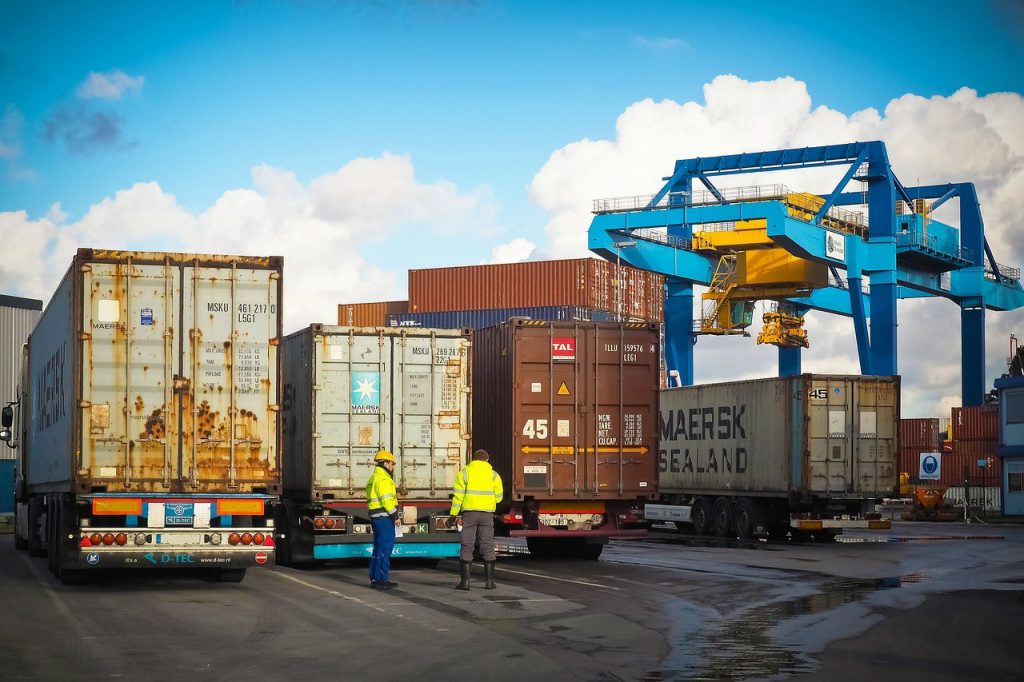
Employment Contracts for Overseas Workers
Introduction to Employment Contracts for Overseas Workers
In the dynamic world of business, hiring overseas workers has become an effective way to gain competitive advantage. It’s crucial, though, to understand the essence of employment contracts for overseas workers and how they play a critical role in protecting the rights of both parties. I’ve been an employment lawyer for years and can’t stress enough the value of a well-drafted contract.
A comprehensive employment contract sets out clear expectations, provides legal protections and lays the groundwork for a productive working relationship. Here are some points that highlight the importance of such contracts:
- They create a transparent work relationship, outlining each party’s duties and responsibilities.
- These contracts help avoid misunderstandings by specifying terms such as salary, working hours, and job description.
- They protect both employer and employee by adhering to UK employment laws.
- Contracts for overseas workers provide a formal record that can be referred to in case of disputes.
In short, the employment contract is your best tool to manage and streamline the complex process of hiring overseas workers. It’s not just a document; it’s a foundation for a successful working relationship.
Legal Requirements for Employment Contracts for Overseas Workers in the UK
Hiring overseas workers brings unique legal challenges. It’s important to navigate these carefully, ensuring you comply with all relevant UK employment laws. It may seem overwhelming at first, but with the right guidance, you’ll be able to navigate this landscape confidently.
The first point on the agenda is immigration control. You should ensure that the worker has the right to work in the UK before employment begins. If you don’t, you could face penalties. Here are some key points to consider:
- Check if the worker needs a visa. The UK government’s visa sponsorship scheme is an important aspect to understand here.
- Validate the worker’s documents. Use the government’s online right-to-work checker to confirm they’re allowed to work.
- Keep a copy of the worker’s documents. They are to be dated, signed, and securely stored.
You’ll also need to adhere to employment laws protecting workers’ rights. Regardless of whether a worker is from overseas or locally based, they are entitled to the same protections under UK law. This includes the minimum wage, maximum working hours, holiday entitlement, and the right not to be discriminated against.
Keep in mind:
Familiarize yourself with the National Minimum Wage Act, Working Time Regulations, and Equality Act.
These laws should properly align companies policies and practices. Moreover, consider other practical aspects such as tax implications, pension schemes, and national insurance contributions for overseas employees.
Remember, it’s essential to stay informed and up-to-date on these legal requirements to avoid potential pitfalls and create a seamless working experience for overseas employees. Don’t hesitate to seek legal advice if needed; it’s always better to be safe than sorry.
Key Elements to Include in the Employment Contracts for Overseas Workers
Crafting an employment contract for overseas workers can be complex, but I’m here to guide you through it. The contract needs to reflect the unique aspects of international employment while keeping the UK employment laws in mind.
Begin with the basics. Clearly define the role and responsibilities of the job. Establish the remuneration package including salary, benefits, and bonuses. Indicate the working hours and holiday entitlements.
Let’s now move on to the special considerations for overseas employees:
Work permit conditions: If the worker requires a visa, incorporate related terms such as who will bear the visa cost, renewal procedures, and what happens if the visa is not granted or revoked.
Relocation packages: Many employers offer a relocation package. This could cover moving costs, temporary accommodation, travel expenses, and more.
Tax arrangements: Depending on the worker’s situation, different tax rules might apply. Make provisions for tax equalisation or protection if needed.
Remember to include confidentiality and non-disclosure agreements. They protect your business information, especially important when the worker is in a different country.
A well-drafted contract is a powerful tool to manage your overseas workforce efficiently. This requires careful thought and should be tailored to the individual situation. I recommend consulting with a legal professional to ensure your bases are covered.
Ensuring Fairness and Equality: Discrimination and Harassment Protections
Equality in the workplace is a cornerstone of UK employment law. Employers play a crucial role in ensuring every worker is treated fairly and respectfully.
Here are a few key points to bear in mind:
Understand the Equality Act 2010. This UK law provides robust protection against discrimination based on characteristics like race, nationality, and ethnic origin.
Implement and enforce a zero-tolerance policy towards harassment and discrimination. Make it clear in the employment contract and your company’s policies.
Set up reporting mechanisms. Overseas workers should feel comfortable reporting any issues and know that they will be addressed promptly and fairly.
And there’s more:
Regularly train your staff. Everyone should understand what constitutes discrimination and harassment, and how to prevent it.
Be proactive in promoting a diverse and inclusive workplace. Encourage multicultural understanding and respect.
You create a positive work environment for overseas workers when they are protected from discrimination and harassment. This in turn leads to higher productivity, lower staff turnover, and a better reputation for your business.
Just remember, it’s not enough to simply write these protections into employment contracts for overseas workers. It’s vital to enforce them, live by them, and lead by example. In this way, you’ll contribute to making your workplace a safe and enjoyable place for everyone.
Handling Disputes and Terminations: What Employers Need to Know
Dealing with disputes and terminations can be challenging, even more so when the worker is overseas. It’s essential to handle these situations with care and adhere to UK employment laws.
If a dispute arises, aim to resolve it internally first. Having a clear grievance procedure in place can facilitate this. Remember, it’s important to:
Address the issue promptly.
Investigate thoroughly.
Treat all parties fairly.
If internal resolution is unsuccessful, you might need to consider mediation, arbitration, or legal proceedings. It’s best to seek legal advice in such instances.
Now, let’s talk about terminations. Here’s what you need to know:
Notice periods: The employment contract should specify the notice periods for both parties. Make sure they comply with the statutory minimum.
Severance pay: Statutory redundancy pay may be due depending on the length of service. Check the relevant UK laws to ensure you’re meeting these obligations.
Exit procedures: At termination outline the steps taken. This might include the return of company property, final salary payment, and any handover procedures.
Ending an employment relationship is never easy, but a well-drafted contract and a clear understanding of UK employment laws can make the process smoother. Keep in mind, though, the termination must always be fair and lawful.
Conclusion
Hiring overseas workers is a significant step for any business. It brings unique opportunities and challenges. From understanding UK employment laws to drafting comprehensive employment contracts, it’s a journey that requires careful navigation.
Here are some key takeaways from our discussion:
Employment contracts are the foundation of a successful working relationship. Make sure they’re comprehensive and tailored to the needs of overseas workers.
UK employment laws apply to all workers, regardless of their nationality. Make sure you’re up-to-date on these laws to avoid penalties and ensure a fair working environment.
Discrimination and harassment have no place in the workplace. Implement robust protections and promote a culture of respect and inclusivity.
Handle disputes and terminations with care. Aim for internal resolution where possible and ensure terminations are fair and lawful.
Remember, legal advice can be invaluable when hiring overseas workers. As an employment law specialist, I’m here to support you. With the right guidance, you can make the most of this exciting opportunity and contribute to a global, inclusive, and respectful work environment.
Call John Bloor at EBS Law on 01625 87 4400 if you are an employer and need free Employment Law Advice.


